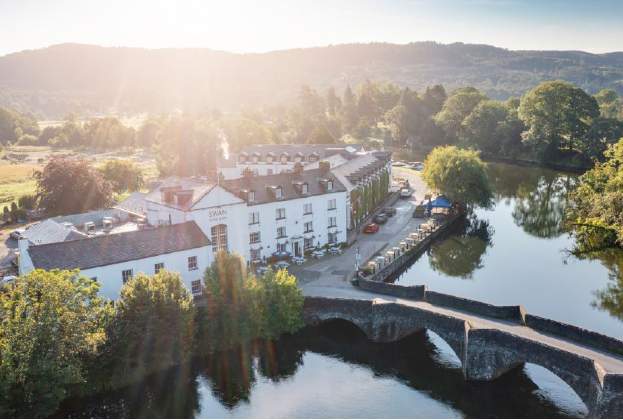Modular construction isn’t a new idea within commercial property. In the UK, and particularly in mainland Europe, high-rise modular construction has been used in the residential and student accommodation sectors since the late Nineties.
Its use within commercial buildings, however, is a more recent development. The hotels sector is a fairly new adopter and the method has been pioneered by budget providers looking for a quick way to construct a hotel from scratch.
Produced off-site in factories, modular construction involves pre-engineered units being delivered to a construction site kitted out with a varying level of completeness, ranging from empty shells to fully furnished bedrooms with ensuite bathrooms. The benefits of modular construction include reduced build time, less disruption to the surrounding neighbourhood and fewer construction vehicles on site.
The construction of affordable boutique hotels is best suited to this method as their models are based around smaller rooms with quirky and innovative design solutions. In the UK, a 220-bedroom Holiday Inn in Manchester is currently being constructed from shipping containers and will be the first of its kind in the North West. Each module will contain two fully furnished bedrooms with ensuite bathrooms that will be individually stacked on top of a ground floor slab.
The construction of the hotel will be noticeably quicker, with the majority of construction expected to be completed within a month. Once all the containers are in place, cladding and branding can be easily applied to the outside to complete the building.
In Edinburgh, meanwhile, a 160-bedroom Courtyard hotel by Marriott is being developed by Polcom using modular construction and finished with brick and aluminum panels.
Across the Atlantic in New York, citizenM is undertaking the biggest modular project in the city using 210 separate parts to create a 20-storey, 300-bedroom hotel. The surrounding neighbourhood should feel the benefits with the number of truck deliveries to the site cut by around 1,200 compared with a conventional construction site. The time spent by cranes on the site will also be reduced to around five months, as opposed to a year.
Although this is their first project of this kind in New York, citizenM has used modular construction in hotel development across Europe in recent years.
As visitors look for hotels that are used as functional ‘bases’ rather than opulent places to stay, modular construction provides the perfect solution – rooms that are small, quiet and full of innovative design. For developers, construction is quicker and it allows expansion into city centre areas that may have been previously ruled out.
Further information
Contact Savills Hotel Services
(1).jpg)


.jpg)
.jpg)





